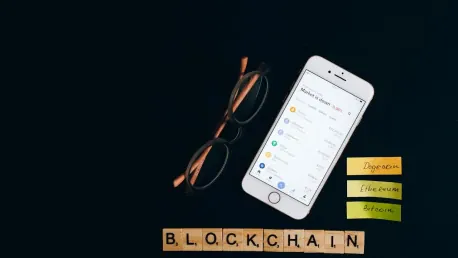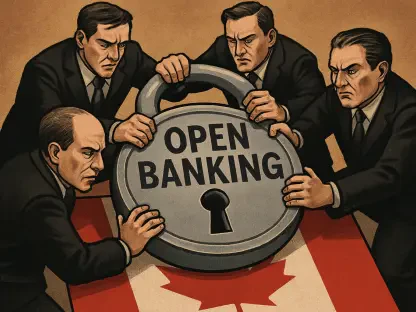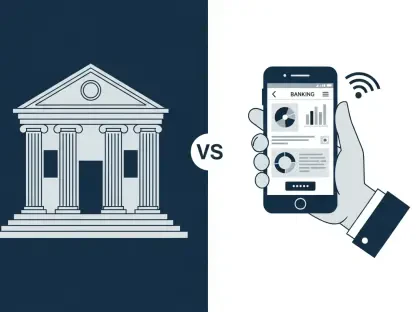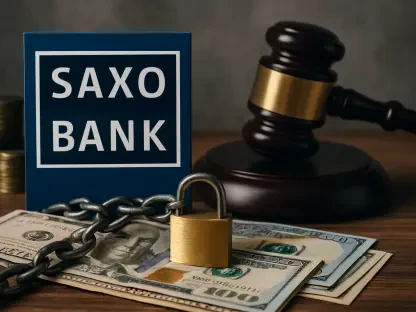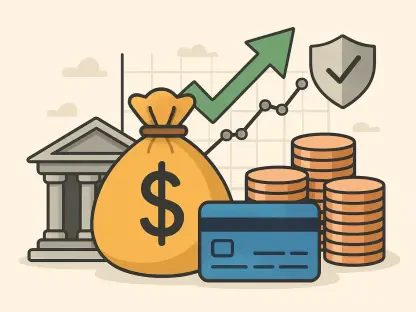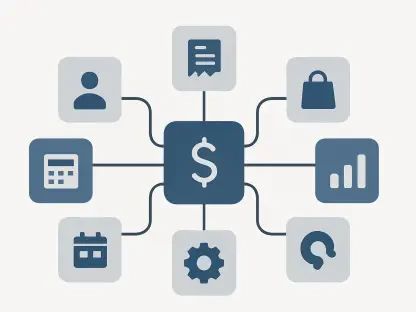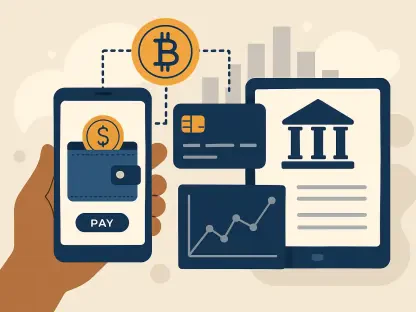Blockchain technology, with its attributes of high transparency, traceability, and community governance, aligns perfectly with Sharia Law, opening new horizons for Islamic finance. Mohammed AlKaff AlHashmi, co-founder of Haqq Network, argues that blockchain’s unique properties make it an ideal tool for ensuring compliance with the ethical and religious tenets prescribed in Islam. Prohibited practices like usury, gambling, and guaranteed interest rates are often challenging to navigate in traditional finance. However, blockchain technology can verify that transactions and income sources are “halal,” or lawful according to Islamic standards, thus overcoming these hurdles.
This innovation addresses a significant gap in the financial market for services catering to the global Muslim population, which is approximately 2 billion strong. Many Muslims lack access to suitable financial solutions for activities such as halal donations, equity-based home financing, and Sharia-compliant investments. Blockchain technology could bridge this gap by providing financial transactions that not only meet the transparency and traceability expected by the Islamic ethical framework but also comply with its principles. This promises a revolutionary shift in how Islamic finance operates, ensuring inclusivity and easier access for the Muslim community worldwide.
The Growing Demand for Sharia-Compliant Crypto Products
The growing demand for Sharia-compliant crypto products highlights the importance of blockchain in the Islamic financial sector. The Sharia finance industry is estimated to be worth around $4 trillion and is projected to double within the next five years, signifying an enormous potential market. Reports indicate that regions with significant Muslim populations, such as the Middle East and North Africa (MENA), accounted for 7.5% of global cryptocurrency transaction volume between July 2023 and June 2024. This statistic underscores a keen interest in digital assets that comply with Islamic principles.
Initiatives like the Australian-based Marhaba Network, which launched in 2020, aim to meet this increasing demand. By 2022, its Sahal Wallet, designed to offer Islamic financial services, had already attracted over 40,000 users. Similarly, the crypto exchange Bybit introduced a Crypto Islamic account, developed in consultation with Zico Shariah, to offer Sharia-compliant tokens, trading pairs, and trading bots. These platforms are not only meeting existing demand but are also expanding the horizon for broader acceptance and integration of blockchain technology in the Islamic world, showing the practicality and necessity of such solutions.
Blockchain’s Role in Meeting Islamic Financial Ethics
Blockchain technology’s inherent characteristics make it a powerful tool to fulfill the ethical and financial requirements of the Muslim community. Its high transparency, traceability, and community governance ensure that all transactions can be verified as “halal” according to Islamic standards. This brings a new level of trust and credibility, which is crucial for the broad acceptance of financial products within the Muslim population. By adopting blockchain technology, financial institutions can guarantee the ethicality of their offerings, thus gaining the trust of millions who adhere to Sharia Law in their daily lives.
The trend of integrating blockchain within the Islamic financial sector is driven by the need for transparent, ethical, and Sharia-compliant financial solutions. For instance, blockchain can facilitate the issuance of Sukuk, an Islamic financial certificate similar to a bond, ensuring that it’s backed by tangible assets and complies with Islamic ethical guidelines. Moreover, blockchain can streamline complex processes like halal certifications in supply chains, making it easier to track and verify that all steps meet Islamic standards. This technological approach promises a robust future for Sharia-compliant digital assets, demonstrating the significant potential blockchain holds in transforming Islamic finance.
A Promising Future for Sharia-Compliant Digital Assets
Blockchain technology, known for its high transparency, traceability, and community governance, aligns well with Sharia Law, presenting new opportunities for Islamic finance. According to Mohammed AlKaff AlHashmi, co-founder of Haqq Network, blockchain’s distinctive features make it an ideal tool for adhering to the ethical and religious principles in Islam. Traditional finance often struggles with prohibiting practices like usury, gambling, and guaranteed interest rates. However, blockchain technology can ensure that transactions and income are “halal,” or lawful by Islamic standards, overcoming these obstacles.
This technology addresses a critical gap in the financial market for the global Muslim population, which is approximately 2 billion. Many Muslims struggle to find suitable financial solutions for activities like halal donations, equity-based home financing, and Sharia-compliant investments. Blockchain could fill this gap by facilitating financial transactions that meet the transparency and traceability required by the Islamic ethical framework while adhering to its principles. This could revolutionize Islamic finance, ensuring inclusivity and easier access for the Muslim community worldwide.
